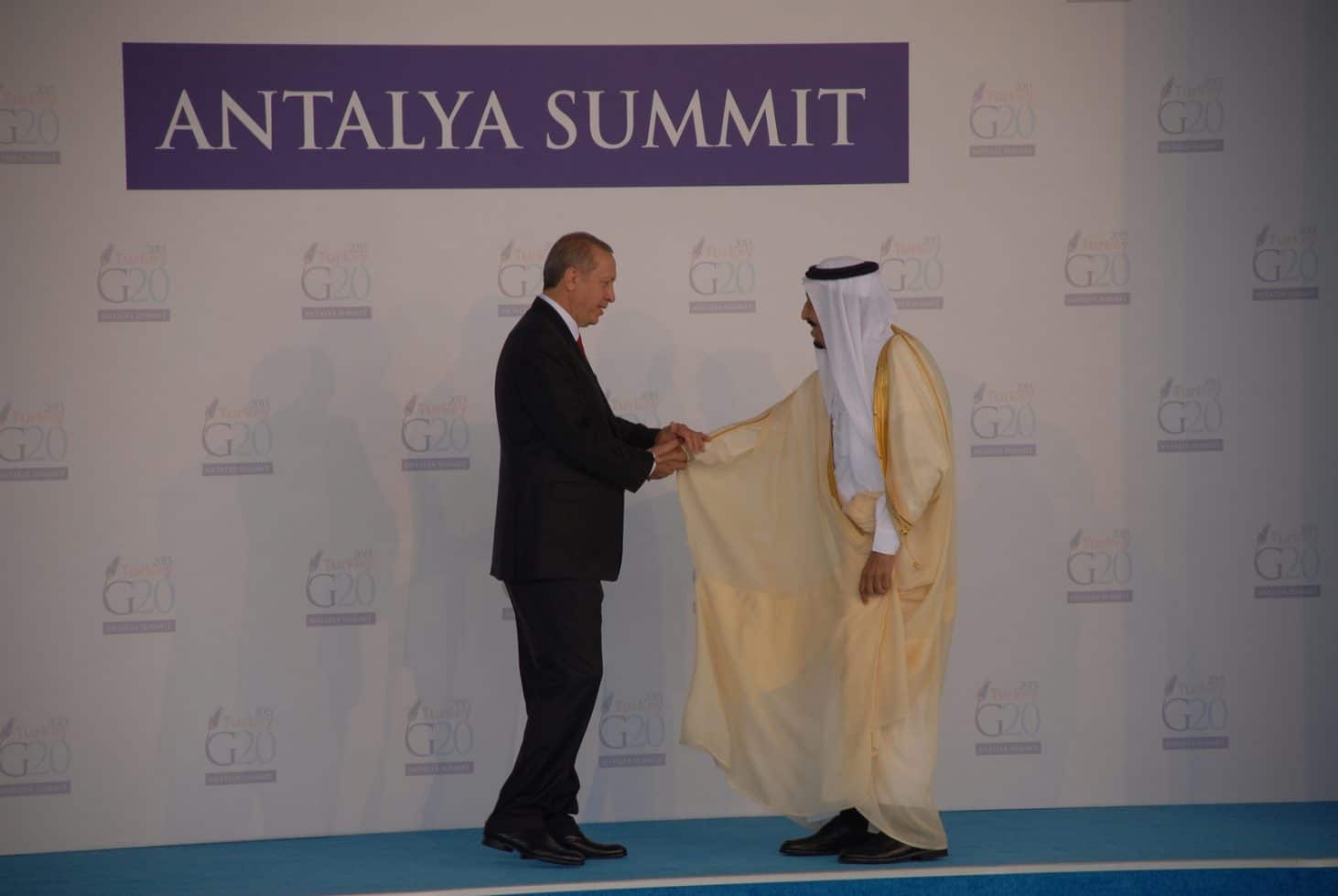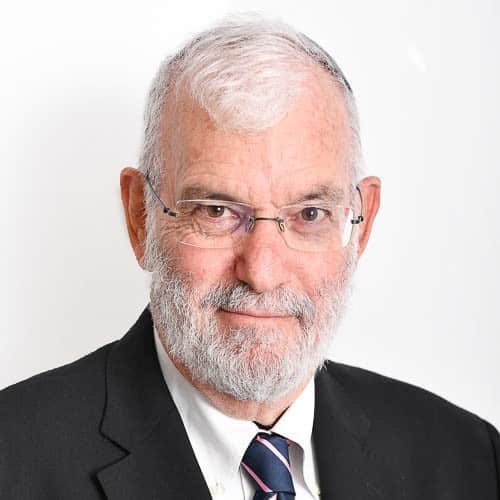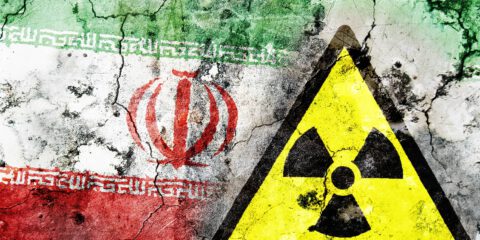The assassination of journalist Jamal Khashoggi at the Saudi Arabian Consulate in Istanbul is a fascinating story with potentially far-reaching regional and global implications. How will it affect Israel?
The assassination of journalist Jamal Khashoggi at the Saudi Arabian Consulate in Istanbul, Turkey is interesting on three levels: gossip, regional implications, and the Israeli angle.
It is a fascinating event from a gossip perspective, like a chapter in a suspense novel. To a large extent, it’s similar to the assassination of the Russian spy in Britain – agents are dispatched on a murder mission, the perpetrators successfully flee the scene. Technology comes into play as local law enforcement agencies are able to identify the route the killers used to enter and leave the country. Even in the case of Mahmoud al-Mabhouh’s assassination in Dubai, which was attributed to Israel’s Mossad, photographs of the alleged killers were published and their modus operandi was retraced using hotel security cameras.
The incident could impact a number of relationships in the region and across the globe. No one should be surprised by Turkish President Recep Tayyip Erdogan’s fiery response. The person who has ordered the arrests of dozens of Turkish journalists isn’t actually bothered by the murder; rather he is using it to settle a score with the Saudi regime, due to severe disagreements between them. The Saudis loath the Turkish dictator who dreams of resurrecting the Ottoman Empire – and the feeling is mutual. For Erdogan, this is also an opportunity to divert his public’s attention from Turkey’s economic crisis.
The Western world’s relationship with Saudi Arabia is also cast into doubt. The Americans are having a hard time accepting that a man who had recently lived in the U.S. was despicably murdered in his own consulate. On the other side of the scale are America’s economic and diplomatic interests in the Persian Gulf, where Saudi Arabia is its main ally. Weakening Saudi Arabia will directly strengthen Iran, America’s main adversary in the area, which is another reason for Trump’s efforts to ease tensions. The Europeans are also deeply disgusted about the incident and what it represents, although they are less tethered to Saudi Arabia by large trade deals and are less worried about Iran.
It’s still unclear how the affair will affect the standing of Saudi Crown Prince Mohammad bin Salman. The transfer of power from his father is a critical juncture for him. When he was appointed by his father, his path as the inevitable heir to the throne had seemed relatively effortless, and that future control of the kingdom would assuredly pass to his offspring while keeping his many cousins at arm’s length from the crown. Now his throne is wobbling and it isn’t obvious how the debacle in Istanbul will impact the stability of his rule, which the 33-year-old crown prince had appeared to have consolidated.
In the wider lens, it’s important to note the Sunni world is currently leaderless in its fight with Shiite Iran. Saudi Arabia tried assuming that mantle on the basis of its wealth and control of Mecca, the holiest city in Islam, but as a consequence of the murder it has apparently squandered this legitimacy and as a result – with no visible leadership on the horizon – the Sunni world will be weaker.
Lastly, there’s the Israeli angle. Against Iran, their common enemy, Israeli-Saudi relations have quietly become stronger behind the scenes. Presently, it isn’t clear how the assassination in Turkey will affect domestic stability within the kingdom and consequently its relations with the world, but perhaps with Israel they will actually be bolstered amid the turmoil. Israel’s under-the-table ties with Jordan, with whom it also has open diplomatic relations, are robust, yet the Jordanian king decided not to extend the special land lease with Israel.
The two cases are different but lead to a harsh conclusion: Israel’s relations with Arab countries must still be taken with a grain of salt. The character of these regimes and the way their leaders think and act prevents true rapprochement. Some of these regimes are veritable sand castles sitting atop shifting dunes; things can change quickly. In any endeavor, whether diplomatic or intelligential, public or clandestine, we should always remember: Nothing lasts forever.
Published in Israel Hayom 26.10.2018.
JISS Policy Papers are published through the generosity of the Greg Rosshandler Family.
photo: Bigstock









 - בניית אתרים
- בניית אתרים